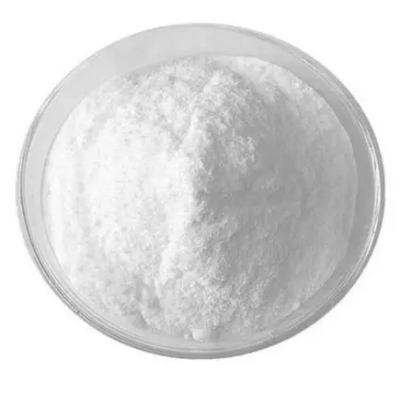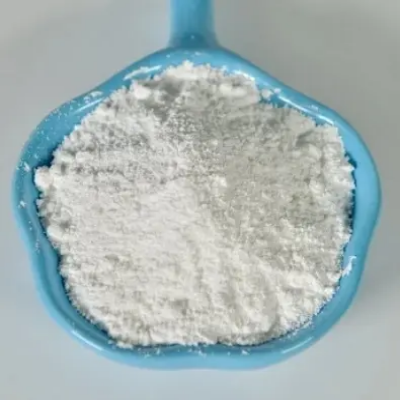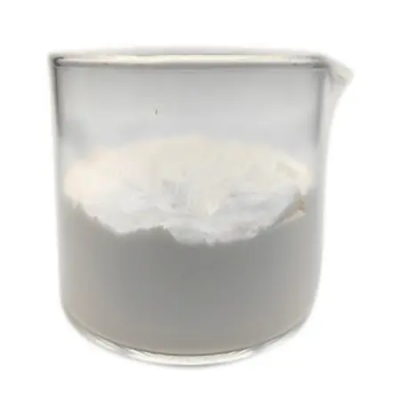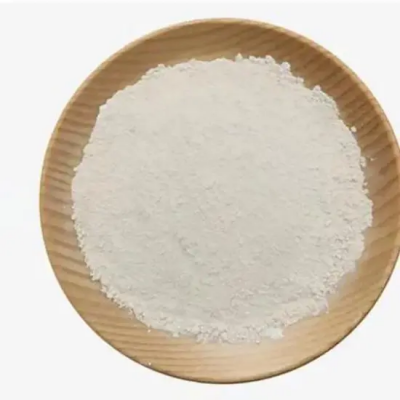1,4-Phenylene diisocyanate CAS:104-49-4
Growth promotion: L-Arginine is known to stimulate growth hormone release in animals, which can contribute to improved growth and development. It promotes protein synthesis, which is essential for musc
1,4-Phenylene diisocyanate (PDI) (C8H6N2O2) is a versatile organic compound that is widely used in industrial applications, particularly in the manufacture of polyurethane-based materials. The structure of PDI includes two isocyanate groups attached to a para-substituted benzene ring, which contributes to its reactivity and functionality. One of the primary applications of 1,4-phenylene diisocyanate is in the production of polyurethanes. When reacted with polyols, PDI undergoes step-growth polymerization, leading to the formation of urethane linkages. This reaction enables the production of a wide range of polyurethane products, including flexible and rigid foams, coatings, adhesives, and sealants. The versatility of these materials makes them suitable for various applications across multiple industries, including automotive, construction, and furniture manufacturing. The use of PDI allows for the tailoring of material properties based on the selection of polyols and reaction conditions. For instance, incorporating PDI into foam formulations can enhance properties such as elasticity, tensile strength, and thermal insulation. Additionally, PDI-derived polyurethanes exhibit excellent chemical resistance, making them suitable for harsh environments. However, handling 1,4-phenylene diisocyanate requires careful precautions due to its toxicity and potential health hazards. Exposure to diisocyanates can cause respiratory issues, skin irritation, and sensitization. Therefore, appropriate personal protective equipment (PPE) and engineering controls are essential when working with this compound. In summary, 1,4-phenylene diisocyanate is a key compound in the production of polyurethane materials, offering versatility and performance enhancements across a wide range of applications. Its unique structural characteristics and reactivity enable the development of innovative materials that meet the demands of modern industry while necessitating stringent safety measures to mitigate health risks associated with its handling.
le growth, and can enhance overall body weight gain in animals.
Nitric oxide production: L-Arginine is a precursor for nitric oxide (NO) synthesis in the body. Nitric oxide is involved in various physiological processes, including blood vessel dilation, immune function, and cell signaling. Supplementing L-Arginine in animal diets can enhance NO production, leading to improved blood flow, immune response, and nutrient absorption.
Immune function: L-Arginine plays a crucial role in supporting the immune system. It is involved in the production of immune cells, such as T-cells and macrophages, as well as antibodies. By providing an adequate supply of L-Arginine in animal diets, immune function can be optimized, leading to improved disease resistance and overall health.
Reproductive performance: L-Arginine is essential for reproductive processes in animals. It is involved in sperm production and motility in males and can enhance fertility. In females, L-Arginine supports the development and function of the uterus and placenta, enhancing reproductive performance and increasing litter size.
Stress management: L-Arginine has been shown to have a positive impact on animals' stress response. It can reduce stress-induced cortisol levels and promote a state of relaxation. By supplementing L-Arginine in animal diets, stress tolerance and overall well-being can be improved.



| Composition | C8H4N2O2 |
| Assay | 99% |
| Appearance | white powder |
| CAS No. | 104-49-4 |
| Packing | Small and bulk |
| Shelf Life | 2 years |
| Storage | Store in cool and dry area |
| Certification | ISO. |




![1-[ethoxy(methylsulfanylmethyl)phosphoryl]oxyethane CAS:28460-01-7](https://cdn.globalso.com/xindaobiotech/@LXIVIBPRLO53RUL5FBL7H713.png)




